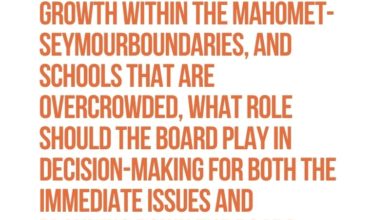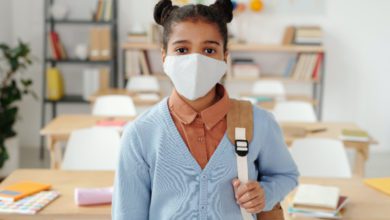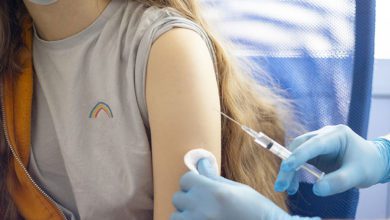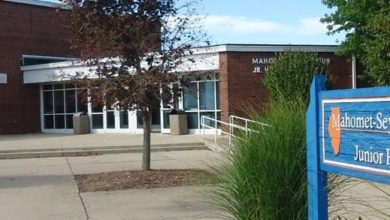Illinois Schools Can Return to In-Person, State Provides Guidelines
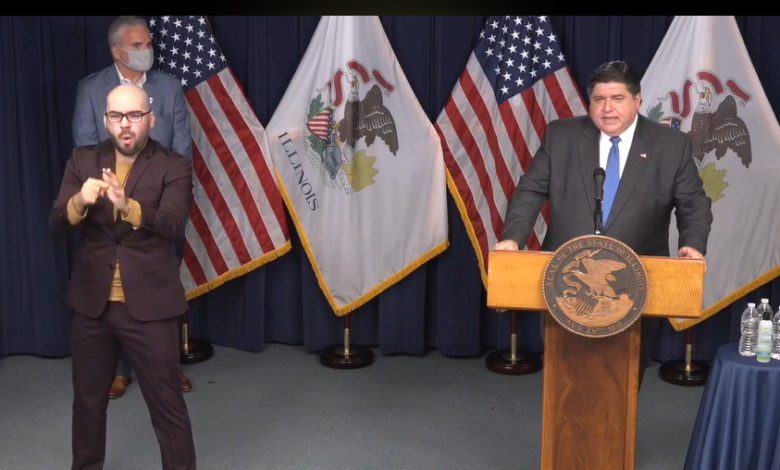
Illinois school districts received the recommendations that they had been awaiting from the Illinois State Board of Education Tuesday.
Gov. JB Pritzker recently released details for Phase 4 of Restore Illinois, which specifically stated that schools could re-engage after being closed since mid-March.
““Classroom learning provides necessary opportunities for our students to learn, socialize, and grow. The benefits of in-person instruction can’t be overstated,” said Governor JB Pritzker.
“Today ISBE, IBHE, and ICCB are issuing guidance that will serve as baseline public health requirements and expectations for the return of in-person learning this fall in P-12 schools and higher education, including all public school districts, non-public schools, colleges and universities. In close consultation with IDPH, infectious disease experts at the University of Illinois at Chicago, and other public health professionals, the guidance focuses on keeping students, teachers and families healthy and safe. It recognizes that Illinois is a diverse state, and school districts and institutions of higher education across Illinois will face unique challenges in how they’ll operate within their communities.”
The guidance was developed in collaboration with 56 educators, superintendents, social workers, nurses, and other stakeholders from across the state. View the guidance here.
“Nothing compares to face-to-face interactions between students and their teachers,” said State Superintendent of Education Dr. Carmen I. Ayala. “The dedication of Illinoisans to social distancing over the past several months has allowed us to plan to bring students back to classrooms this fall while keeping health and safety our number one priority. This fall will not be ‘business as usual’ in more ways than one. Our students will return to us transformed and hungry for knowledge that contextualizes current events. I urge schools to use summer to readjust curricula to honor these historic times and to continue to be diligent in following safety protocols.”
Each school has been given the ability to implement the guidance based on its unique student enrollment, school facilities, staffing, transportation, and technological capacity.
Schools and districts should also prepare for a return to remote instruction in the event of a resurgence of the virus or a second wave of it in the fall, the ISBE document says.
The IDPH requirements for schools to reopen in Phase 4 are:
- Require use of appropriate personal protective equipment (PPE), including face coverings;
- Prohibit more than 50 individuals from gathering in one space;
- Require social distancing whenever possible;
- Conduct symptom screenings and temperature checks or require self-certification that individuals entering school buildings are symptom free; and
- Increase schoolwide cleaning and disinfection.
- Require social distancing be observed as much as possible;
- Require that schools conduct symptom screenings and temperature checks or require that individuals self-certify that they are free of symptoms before entering school buildings; and
- Require an increase in schoolwide cleaning and disinfection.
To ensure Illinois school districts are able to obtain the necessary supplies to resume in person instruction safely, ISBE and the Chief Procurement Office Bureau of Strategic Sourcing have secured several joint purchase agreements that K-12 can utilize to obtain supplies at prices that may be more competitive than purchasing on their own. ISBE will continue to expand the number of purchasing agreements in the coming weeks.
According to a release from the Governor’s office, the Illinois State Board of Education (ISBE) received $569 million in federal funding from the CARES Act for K-12 education, approximately $512 million of which will go directly to school districts to address local needs in response to the COVID-19 pandemic. IBSE will use the remaining $54.1 million to provide additional funding to schools in six categories: laptops and tablets, internet connectivity, virtual coaching for teachers, professional development, and support for entities who cannot receive direct funds due to ineligibility for Title I.
Local education agencies must apply to ISBE to receive funding from the CARES Act and the amount received will be based on the number and percentage of low-income students they serve. ISBE has already received applications from 580 local education agencies for this funding, with the goal of purchasing a variety of tools and resources, including technology devices, WiFi hotspots, and health and safety equipment for schools in need. Local school districts also plan to use funding to hire mental health support staff to provide services for students, families, and staff. ISBE has approved 534 applications thus far and distributed nearly three million dollars in funds.


